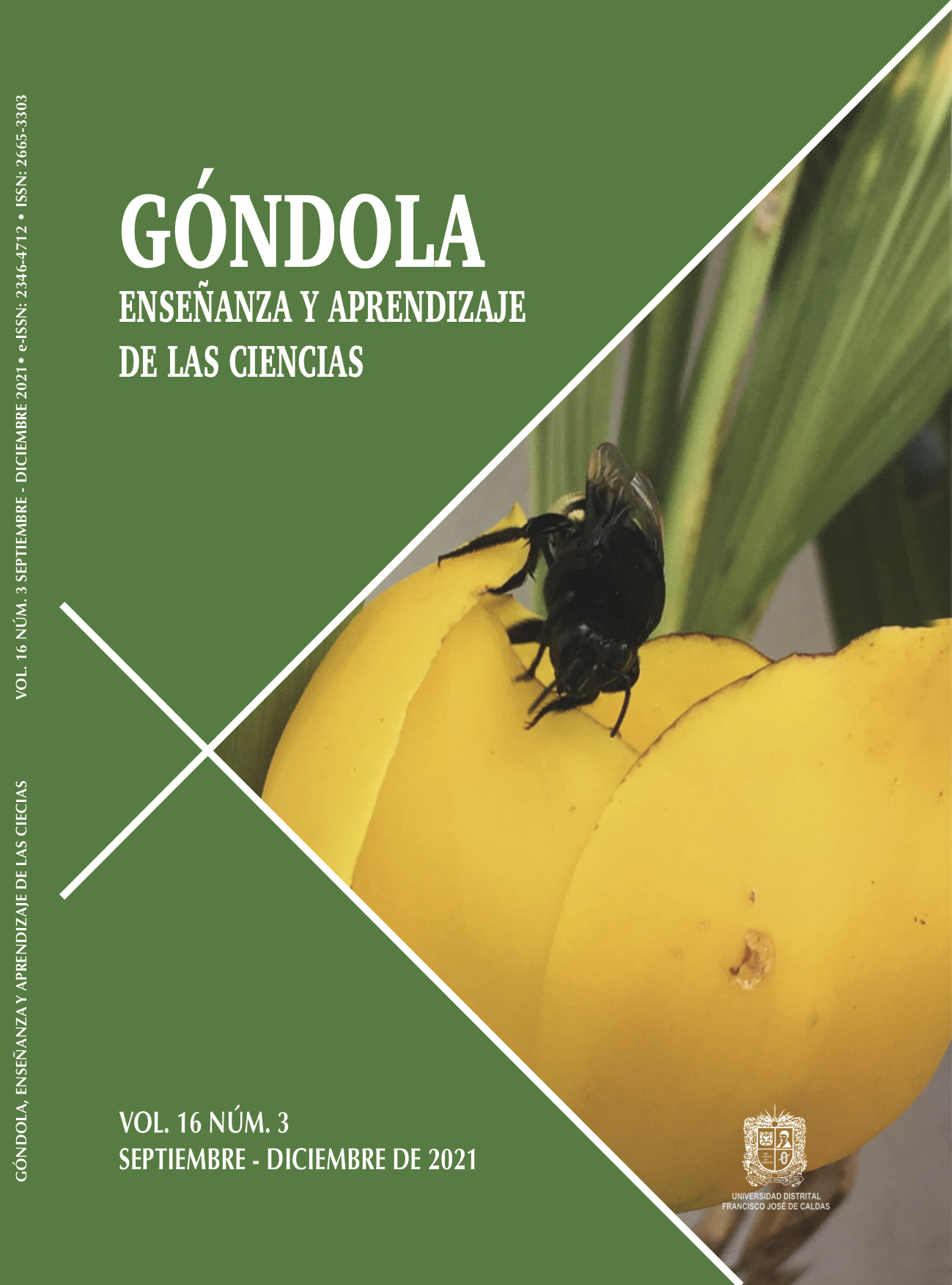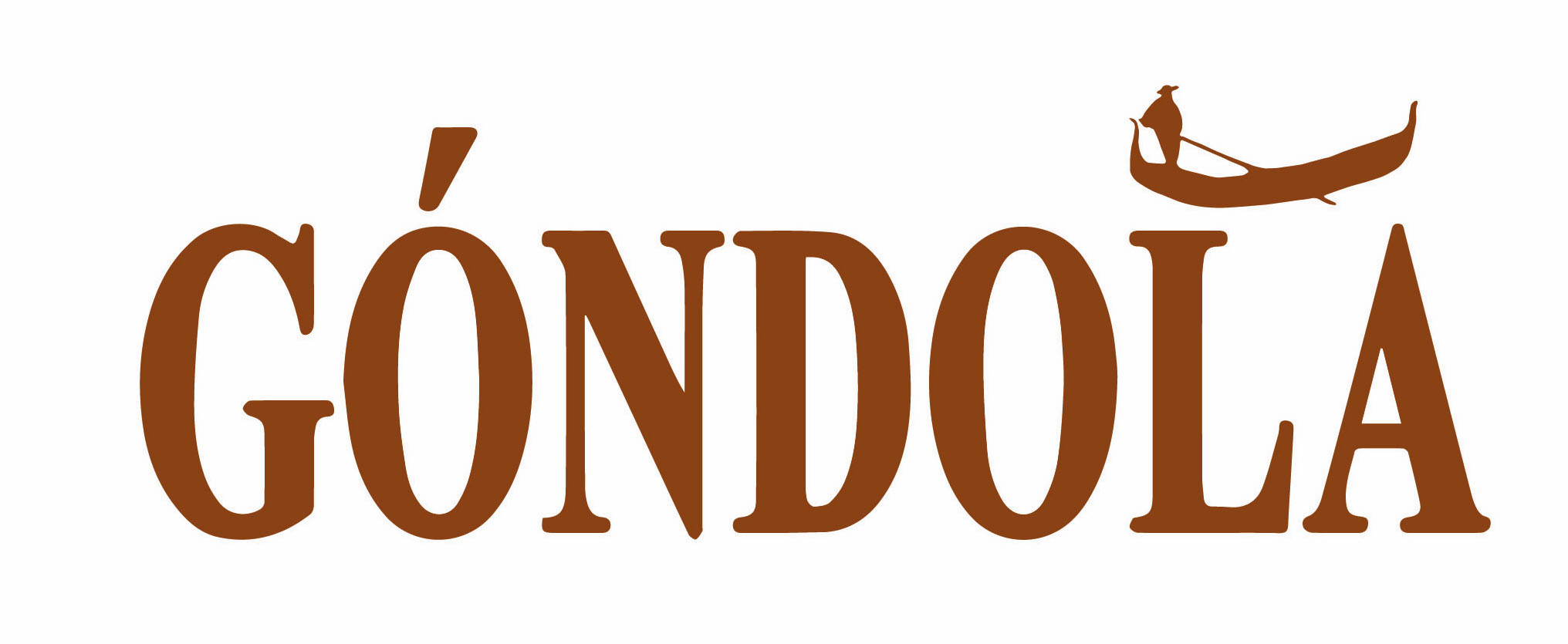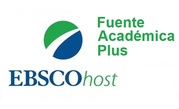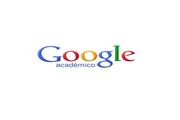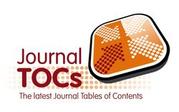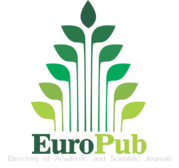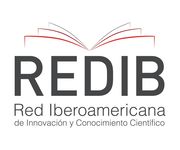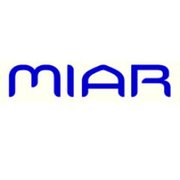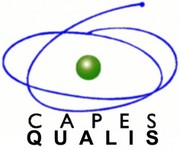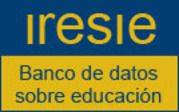DOI:
https://doi.org/10.14483/23464712.16003Publicado:
2021-10-27Edição:
v. 16 n. 3 (2021): setembro-dezembroSeção:
ARTIGOSCrianças investigam para aprender ciências: uma experiência de aprendizagem na educação pré-escolar
Children investigate to learn sciences: a learning experience in pre-school education
Niños investigan para aprender ciencias: una experiencia de aprendizaje en la educación preescolar
Palavras-chave:
Prática pedagógica. Educação pré-escolar. Educação científica. Aprendizagem por investigação. (pt).Palavras-chave:
Práctica pedagógica. Educación preescolar. Educación científica. Aprendizaje por investigación. (es).Palavras-chave:
Teaching practice. Preschool education. Science education. Inquiry-based leaning. (en).Downloads
Resumo (pt)
Este artigo descreve e analisa o processo de exploração de uma atividade de investigação sobre a influência da luz e da humidade no comportamento das minhocas, promovido num grupo de crianças da educação pré-escolar, no âmbito de um projeto de intervenção pedagógica supervisionada. Através da análise do processo, que incide no diário da atividade, elaborado na sequência da observação participante, caracteriza-se o conhecimento espontâneo das crianças sobre as minhocas, identificam-se os processos científicos promovidos para investigarem a influência da luz e da humidade no comportamento das minhocas e avaliam-se as aprendizagens realizadas pelas crianças. A análise sugere que as crianças destas idades são capazes de assumir uma “atitude científica e investigativa” na procura do saber, quando devidamente estimuladas pela ação do educador e envolvidas em experiências de aprendizagem interessantes e desafiadoras.
Resumo (en)
This article describes and analyses the exploration of research activity on the influence of light and humidity on the behaviour of earthworms, promoted in a group of children in preschool education, within the scope of a supervised pedagogical intervention project through the analysis of the process, which focuses on the activity diary, prepared from participant observation. We characterize the spontaneous knowledge of children about earthworms, promoting scientific processes to investigate the influence of light and moisture in conduct earthworms. The analysis suggests that children of these ages assume a "scientific and investigative attitude" constructing knowledge when stimulated appropriately by the teacher, involving interesting and challenging learning experiences.
Resumo (es)
Este artículo describe y analiza la exploración de una actividad de investigación sobre la influencia de la luz y la humedad en el comportamiento de las lombrices de tierra, promovida en un grupo de niños en educación preescolar, dentro del alcance de un proyecto de intervención pedagógica supervisada. A través del análisis del proceso, que se centra en el diario de actividades, elaborado a partir de la observación participante, se caracteriza el conocimiento espontáneo de los niños sobre las lombrices de tierra, se identifican los procesos científicos promovidos para investigar la influencia de la luz y la humedad en el comportamiento. lombrices de tierra y evaluación del aprendizaje de los niños. El análisis muestra que los niños de estas edades son capaces de asumir una "actitud científica e investigativa" en la búsqueda de conocimiento, cuando son estimulados adecuadamente por la acción del educador e involucrados en experiencias de aprendizaje interesantes y desafiantes.
Referências
ALLEN, M. Preschool children’s taxonomic knowledge of animal species. Journal of Research in Science Teaching, New Jersey, v. 52, n.1, pp. 107–134, 2015. DOI: https://doi.org/10.1002/tea.21191
CALDEIRA, A.M.A.; SIEBERT, P.R.; CORRÊA, A.L.; MEGLHIORATTI, F.A.; BRANDO, F.R., MARICATO, F.E.; JUSTINA, L.A.D.; ANDRADE, M.B.S.; OLIVEIRA, T.B.; AUGUSTO, T.G.S. Proposta de instrumento diagnóstico para fornecer indicativos acerca da compreensão dos conhecimentos biológicos e suas inter-relações. Revista Góndola, Enseñanza y Aprendizaje de las Ciencias, Bogotá, v. 11, n. 1, pp. 128-146. 2016. DOI: 10.14483/udistrital.jour.gdla.2016.v11n1.a9
CHIN, C. Classroom Interaction in Science: Teacher questioning and feedback to students’ responses. International Journal of Science Education, Abingdon, v. 28, n. 11, pp. 1315-1346, 2006. DOI: https://doi.org/10.1080/09500690600621100
COLL, C.; MARTÍN, E. A avaliação da aprendizagem no currículo escolar: uma perspectiva construtivista. In: COLL, C. et al. (Eds.). O construtivismo na sala de aula. Novas perspectivas para a acção pedagógica. Edições ASA. Porto: Portugal, 2001, pp.196-221.
COLLINS, S. Neuroscience for learning and development: how to apply neuroscience and psychology for improved learning and training. Kogan Page. London: England, 2015.
DOMÉNECH, J.; PRO BUENO, A.; SOLBES, J. ¿Qué ciencias se enseñan y cómo se hace en las aulas de educación infantil? La visión de los maestros en formación inicial. Enseñanza de las ciencias: revista de investigación y experiencias didáctica, Barcelona, v. 34, n. 3, pp. 25-50. 2016. DOI: https://doi.org/10.5565/rev/ensciencias.1870
EARLY, D.; IRUKA, I.; RITCHIE, S.; BARBARIN, O.; WINN, D.; CRAWFORD, G., et al. How do pre-kindergarteners spend their time? Gender, ethnicity, and income as predictors of experiences in pre-kindergarten classrooms. Early Childhood Research Quarterly, Amsterdam, v. 25, n. 2, pp. 177-193. 2010. DOI: https://doi.org/10.1016/j.ecresq.2009.10.003
ENGIN, M. Research Diary: A Tool for Scaffolding. International Journal of Qualitative Methods, Edmonton, v. 10, n. 3, pp. 296-306. 2011. DOI: https://doi.org/10.1177/160940691101000308
ERICKSON, F. Qualitative methods in research on teaching. In: Wittrock, M. C. (Ed.) Handbook of Research on Teaching. New York: MacMillan, 1986, pp.119-160.
ESHACH, H.; FRIED, M. Should science be taught in early childhood? Journal of Science Education and Technology, Dordrecht, v. 14, n. 3, p. 315-336, 2005. DOI: https://doi.org/10.1007/s10956-005-7198-9
FIOLHAIS, C. De pequenino é que se torce o destino: ciência no jardim-de-infância. Cadernos de educação de infância, Lisboa, v. 95, pp. 49-54. 2012.
FRENCH, L. Science as the center of a coherent, integrated early childhood curriculum. Early Childhood Research Quarterly, Amsterdam, v. 19, n. 1, pp. 138-149. 2004. DOI: https://doi.org/10.1016/j.ecresq.2004.01.004
FRENCH, L.; WOODING, S. Science education in the early years. In: SARACHO, O.; SPODEK, B. (Eds.), Handbook of research on the education of young children. Routledge. New York: USA, 2013, pp. 179-196.
FURMAN, M. Educar mentes curiosas. Fundación Santillana. Buenos Aires: República Argentina, 2016. Disponível em: http://repositorio.minedu.gob.pe/handle/123456789/4776
GELMAN, R.; BRENNEMAN, K. Moving young “scientists-in-waiting” onto science learning pathways: Focus on observation. In: Shrager, J., Carver, S. (Eds.). The journey from child to scientist: Integrating cognitive development and the education sciences (p. 155–169). American Psychological Association. https://doi.org/10.1037/13617-008
GELMAN, S.; MEYER, M. Child categorization. WIREs Cognitive Science, New Jersey, v. 2, n. 1, pp. 95-105. 2011. DOI: https://doi.org/10.1002/wcs.96
GERDE, H.; PIERCE, S.; LEE, K.; VAN EGEREN, L. Early Childhood Educators’ Self-Efficacy in Science, Math, and Literacy Instruction and Science Practice in the Classroom. Early Education and Development, London, v. 29, n. 1, pp. 70-90. 2018. DOI: https://doi.org/10.1080/10409289.2017.1360127
GERDE, H.; SCHACHTER, R.; WASIK, B. Using the Scientific Method to Guide Learning: An Integrated Approach to Early Childhood Curriculum. Early Childhood Education Journal, Dordrecht, v. 41, n. 5, pp. 315-323. 2013. DOI: https://doi.org/10.1007/s10643-013-0579-4
GÓMEZ, A. I. P. (2005). Los procesos de enseñanza-aprendizaje: análisis didáctico de las principales teorías del aprendizajeEnseñanza para la compreensión. In: Sacristán, G.; Gómez, P. (Eds.). Comprender y transformar la enseñanza. Ediciones Morata,S. L. Madrid: España, 2005, pp. 34-62.
GRAUE, M. E.; WALSH, D. J. Investigação Etnográfica com Crianças: Teorias, métodos e ética. Fundação Calouste Gulbenkian. Lisboa: Portugal, 2003.
GUBA, E.; LINCOLN, Y. Competing Paradigms in Qualitative Research. In N. Denzin, N.; Lincoln, Y. (Eds.), Handbook of qualitative research. Thousand Oaks, CA: Sage, 2000, pp. 105-117.
HAMLIN, M.; WISNESKI, D. Supporting the scientific thinking and inquiry of toddlers and preschoolers through play. Young Children, Washington, D.C., v. 67, n. 3, pp. 82-88. 2012.
HARLEN, W. Helping children’s development of inquiry skills. Inquiry in primary science education, Valeta-Malta, v. 1, pp. 5-19. 2014.
HARLEN, W.; QUALTER, A. The teaching of science in primary schools (7th Edition).Routledge. Abingdon: England, 2018.
KURU, N,; AKMAN, B. Examining the Science Process Skills of Preschoolers with Regards to Teachers’ and Children’ Variables. Education and Science, Ancara, n. 42, pp. 269-279. 2017. DOI: http://dx.doi.org/10.15390/EB.2017.6433
MACNAUGHTON, G.; HUGHES, P. Doing action research in early childhood studies: a by step guide. Open University Press. Maidenhead: England, 2011.
MARTINS, I.; VEIGA, M; TEIXEIRA, F.; TENREIRO-VIEIRA, C.; VIEIRA, R.; RODRIGUES, A.; COUCEIRO, F.; PEREIRA, S. Despertar para a ciência – actividades dos 3 aos 6. Ministério da Educação. Lisboa: Portugal, 2009.
MERCER, N., DAWES, L., STAARMAN, J. K. Dialogic teaching in the primary science classroom, Language and Education, London, v. 23, n. 4, pp. 353-369. 2009. DOI: 10.1080/09500780902954273
MERRIAM, S. Qualitative research: A guide to design and implementation. Jossey‐Bass. San Francisco, CA: USA, 2009.
METZ, K. On the complex relation between cognitive developmental research and children's science curricula. Review of Educational Research, Thousand Oaks, CA, v. 67, n. 1, pp. 151-163. 1997.
MONTEIRA, S. F.; JIMÉNEZ‐ALEIXANDRE, M. P. The practice of using evidence in kindergarten: The role of purposeful observation. Journal of Research in Science Teaching, New Jersey, v. 53, n. 8, pp. 1232-1258. 2016. DOI: https://doi.org/10.1002/tea.21259
NAYFELD, I.; BRENNEMAN, K.; GELMAN, R. Science in the Classroom: Finding a Balance Between Autonomous Exploration and Teacher-Led Instruction in Preschool Settings. Early Education and Development, London, v. 22, n. 6, pp. 970-988. 2011. DOI: https://doi.org/10.1080/10409289.2010.507496
NEWMAN, J. M. Action research: A brief overview. Forum: Qualitative Social Research, Berlin, v. 1, n. 1, Art. 17. 2000. DOI: http://dx.doi.org/10.17169/fqs-1.1.1127
OLIVEIRA, T., ROCHA, F., ANDRADE, A. Evolução biológica: eco-evo-devo na formação inicial de professores e pesquisadores. Revista Góndola, Enseñanza y Aprendizaje de las Ciencias, Bogotá, v. 12, n. 2, pp. 81-98. 2017. DOI: 10.14483/23464712.10847.
PATRICK, H.; MANTZICOPOULOS, P. Young Children`s Motivation for Learning Science. In: TRUNDLE, K.; SAÇKES, M. (Eds.), Research in Early Childhood Science Education. Springer. New York: USA, 2015. pp. 35-66.
PATRICK, H.; MANTZICOPOULOS, P.; SAMARAPUNGAVAN, A. Integrating science inquiry with reading and writing in Kindergarten. In: SHILLADY, A. (Ed.) Exploring Science. National Association for the Education of Young Children. Washington, DC: USA, 2013. pp. 48-54.
PETERSON, S.; FRENCH, L. Supporting young children's explanations through inquiry science in preschool. Early Childhood Research Quarterly, Amsterdam, v. 23, n. 3, pp. 395-408. 2008. DOI: https://doi.org/10.1016/j.ecresq.2008.01.003
POZO, J.; CRESPO, M. Aprender y Enseñar Ciencia (7ª Ed.). Ediciones Morata, S. L. Madrid: España, 2013.
PRISCINET. Primary Science Network. This project has received funding from the European Union’s Seventh Framework Programme, 2014. Disponível em: http://prisci.net/
RATNER, C. Subjectivity and Objectivity in Qualitative Methodology. Forum: Qualitative Social Research, Berlin, v. 3, n. 3. 2002. DOI: http://dx.doi.org/10.17169/fqs-3.3.829
RAVANIS, K. Représentations, Modèles Précurseurs, Objectifs-Obstacles et Médiation-Tutelle: concepts-clés pour la construction des connaissances du monde physique à l’âge de 5-7 ans. Revista Electrónica de Investigación en Educación en Ciencias, Buenos Aires, v. 5, n. 2, pp. 1-11. 2010.
SAÇKES, M. How often do early childhood teachers teach science concepts? Determinants of the frequency of science teaching in kindergarten. European Early Childhood Education Research Journal, London, v. 22, n. 2, pp. 169-184. 2014. DOI: https://doi.org/10.1080/1350293X.2012.704305
SAGEIDET, B. Norwegian early childhood teachers’ stated use of subjectrelated activities with children, and their focus on science, technology, environmental issues and sustainability. Nordic Studies in Science Education, Oslo, v. 12, n. 2, pp. 121-139. 2016. DOI: http://dx.doi.org/10.5617/nordina.955
SHEPARDSON, D. P. Bugs, butterflies, and spiders: Children's understandings about insects. International Journal of Science Education, Abingdon, v. 24, n. 6, pp. 627–643. 2002. DOI: https://doi.org/10.1080/09500690110074765
SILVA, I.; MARQUES, L.; MATA, L.; ROSA, M. Orientações Curriculares para a Educação Pré-Escolar. Direção-Geral da Educação. Lisboa: Portugal, 2016. Disponível em: http://www.dge.mec.pt/orientacoes-curriculares-para-educacao-pre-escolar
SMITH, K. Working scientifically: a guide for primary science teachers. Routledge. Abingdon: England, 2016.
SUZUKI, W.H.P.S.; ZOMPERO, A.F. O desenvolvimento do argumento e o aprimoramento dos aspectos semânticos e pragmáticos da linguagem oral, mediante o ensino por investigação. Revista Góndola, Enseñanza y Aprendizaje de las Ciencias, Bogotá, v. 11, n. 1, pp. 100-116. 2016. DOI: 10.14483/udistrital.jour.gdla.2016.v11n1.a7
TRUNDLE, K. The Inclusion of Science in Early Childhood Classrooms. In: K. TRUNDLE, K.; SAÇKES, M. (Eds.), Research in Early Childhood Science Education. Springer. New York: USA, 2015, pp. 1-6. DOI: 10.1007/978-94-017-9505-0
TRUNDLE, K.; SAÇKES, M. Science and Early Education. In: PIANTA, R. (Ed.), Handbook of Early Childhood Education. The Guilford Press. New York: USA, 2012. pp. 240-258.
VARELA, P, MOREIRA, A.; MARTINS, V. Teaching science in primary school through an interdisciplinary approach: a classroom case study. Conexão Ciência, Formiga/MG, v. 12, n. esp. 2, pp.341-347 2017 Disponível em: https://periodicos.uniformg.edu.br:21011/ojs/index.php/conexaociencia/article/view/854
VARELA, P. Ciências Experimentais para Crianças. Uma Proposta Didática de Construção Reflexiva de Significados e Promoção de Competências. Saarbrücken: NEA - Novas Edições Acadêmicas, 2014.
VYGOTSKY, L. S. Pensamento e Linguagem. São Paulo: Martins Fontes Editora, 1987.
ZABALZA, M. A. Diarios de clase: un instrumento de investigación. Narcea. Madrid: España, 2004.
Como Citar
APA
ACM
ACS
ABNT
Chicago
Harvard
IEEE
MLA
Turabian
Vancouver
Baixar Citação
Licença
Copyright (c) 2021 Autor y Góndola. Enseñanza y Aprendizaje de las Ciencias

Este trabalho está licenciado sob uma licença Creative Commons Attribution-NonCommercial-NoDerivatives 4.0 International License.
Gôndola, Ens Aprend Cienc. é uma publicação de acesso aberto, sem encargos econômicos para autores ou leitores. A publicação, consulta ou download do conteúdo da revista não gera nenhum custo para autores ou leitores, uma vez que a Universidade do Distrito Francisco José de Caldas assume os custos relacionados à edição, gerenciamento e publicação. Os pares avaliadores não recebem nenhuma compensação econômica por sua valiosa contribuição. O trabalho de todos os atores mencionados acima é entendido como uma contribuição para o fortalecimento e crescimento da comunidade de pesquisa no campo do Ensino de Ciências.
A partir de 1º de dezembro de 2018 o conteúdo da revista são publicados sob os termos da Licença Atribuição-NãoComercial-CompartilhaIgual 4.0 Internacional (CC BY-NC-SA 4.0), sob a qual outros podem distribuir, remix, tweak , e criar a partir do trabalho de forma não comercial, desde que eles dêem crédito e licenciam suas novas criações sob as mesmas condições.
Os detentores dos direitos autorais são os autores e a revista Góndola, Ens Aprend Cienc. Os proprietários mantêm todos os direitos sem restrições, respeitando os termos da licença relativa à consulta, download e distribuição do material.
Quando o trabalho ou qualquer um dos seus elementos estiver no domínio público de acordo com a lei aplicável, esta situação não será afetada pela licença.
Da mesma forma, incentivamos os autores a depositar suas contribuições em outros repositórios institucionais e temáticos, com a certeza de que cultura e conhecimento são bons para todos e para todos.

